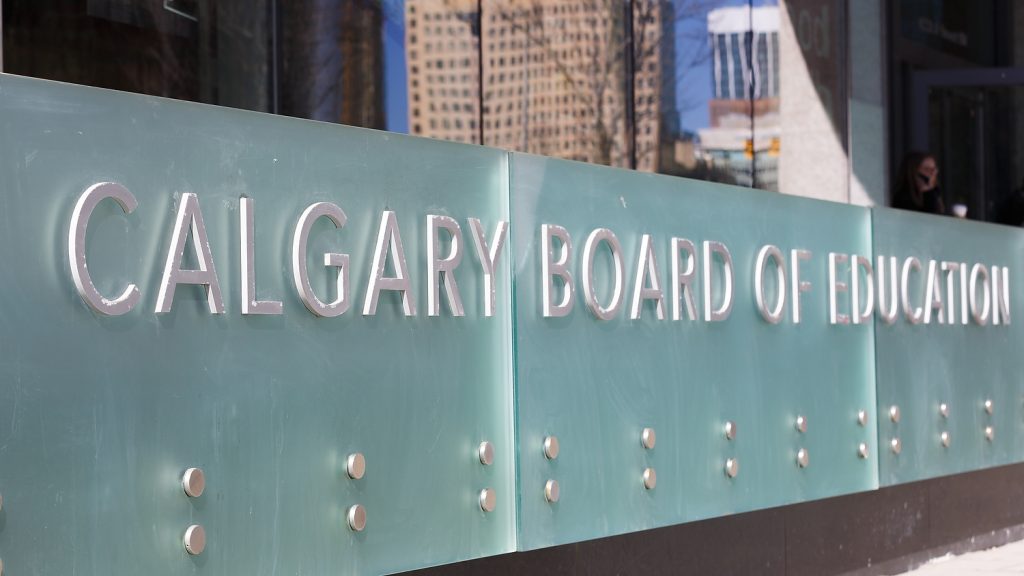Kenney maintains changes to COVID-19 rules backed by science
Posted Aug 3, 2021 2:06 pm.
Last Updated Aug 4, 2021 6:48 am.
CALGARY – Premier Jason Kenney says he understands concerns from several Albertans over the province’s plan to scale back COVID-19 protections, but maintains the changes are backed by science.
Kenney said Tuesday there has long been a debate about the dangers of the disease and the damage done by restrictions.
https://twitter.com/Tommy_Slick/status/1422647500989616131
But his response to concerns was very similar to what we heard last week from Health Minister Tyler Shandro.
These changes — including removing mandatory isolation requirements, some testing and contact tracing details — have some people concerned it will lead to a fourth wave of the virus and there won’t be enough checks in place to catch it before it takes hold.
RELATED:
-
Immunocompromised Albertans concerned with provincial rollback of COVID-19 health measures
-
Alberta Medical Association head concerned over government lifting COVID restrictions
-
Alberta taking ‘risky gamble’ by ending COVID isolation: Canadian Paediatric Society
-
People who test positive for COVID-19 should still isolate: PHAC
When asked about the adjustments, Kenney said it was at the behest of Chief Medical Officer of Health Dr. Deena Hinshaw.
“No, it’s not a direction I asked her to pursue,” Kenney said, as he added the recommendations were accepted without modification in July.
Kenney read off several recent quotes from Dr. Hinshaw during the press conference, including points that this change will allow officials to focus on other public health issues rather than just COVID-19. But on the removal of mandatory isolation, Kenney said this was not in response to resourcing concerns.
“I think Dr. Hinshaw’s concerned that anybody who might have minor symptoms of cold or flu, if all of them are automatically put on two weeks of self-isolation that can be very disruptive,” he said.
RELATED: Will Calgary reinstate its mask bylaw?
But with that said, isolating after a positive COVID-19 test is still heavily recommended and Kenney felt that people will practice personal responsibility and understand the need to isolate in order to protect the wider population.
A common theme during recent protests is people being concerned about what it means for the return of school in fall and the risk posed to children.
Kenney said it should not be much of a concern for people and there are fewer adverse effects for children who catch COVID-19.
“It’s important to highlight that the risks for children posed by COVID-19 are extremely low, they are lower than for the typical annual flu,” he said.
“Kids aged five to 14 have 140 times greater risk of emergency department visits for a sports-related injury in 2019 than their risk for COVID-related hospital admission since March 2020.”
RELATED:
-
Can you be charged for knowingly infecting someone with COVID-19?
-
Public health restrictions still exist if you plan on travelling this summer
-
Alberta health minister defends scaling back of COVID-19 quarantine measures
-
NDP calls for inquiry into Alberta pandemic response
The premier did not want to act like COVID-19 is completely a thing of the past, but vaccines are the driving factor in making them consider the changes.
“Dr. Hinshaw and I both have said that we expect to see an increase in cases in the fall based on seasonality, but that will likely be concurrent with an increase in flu and cold cases as well,” he said. “Within the foreseeable future we will have three-quarters (of the eligible population) fully vaccinated, meaning that effectively COVID does not pose a risk for 99.999 per cent of that population.”
Kenney was citing data from the United States in that figure, and said while Alberta is slightly behind the national average on vaccinations we are still far above most other jurisdictions around the world.
The premier also said it was unfortunate to hear people calling for a return to the mask mandate in Calgary, referring to councillor and mayoral candidate Jyoti Gondek, but he does understand why some people would still be holding on to various concerns after dealing with the pandemic for so long.
“I think it’s regrettable that we’ve seen comments attacking the expertise of our brilliant chief medical officer of health,” he said. “It’s time to follow the data. It’s time to listen to the science.”








